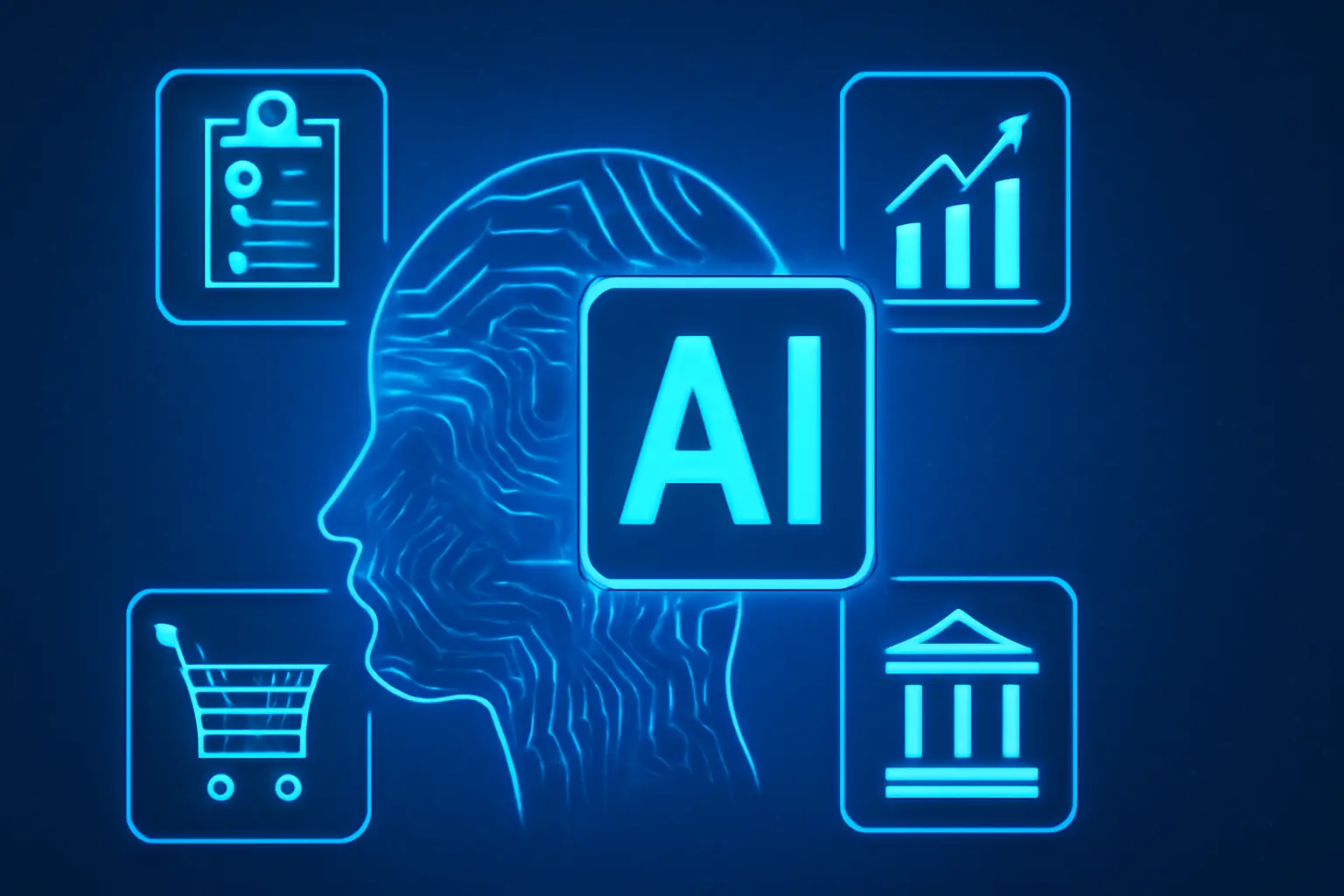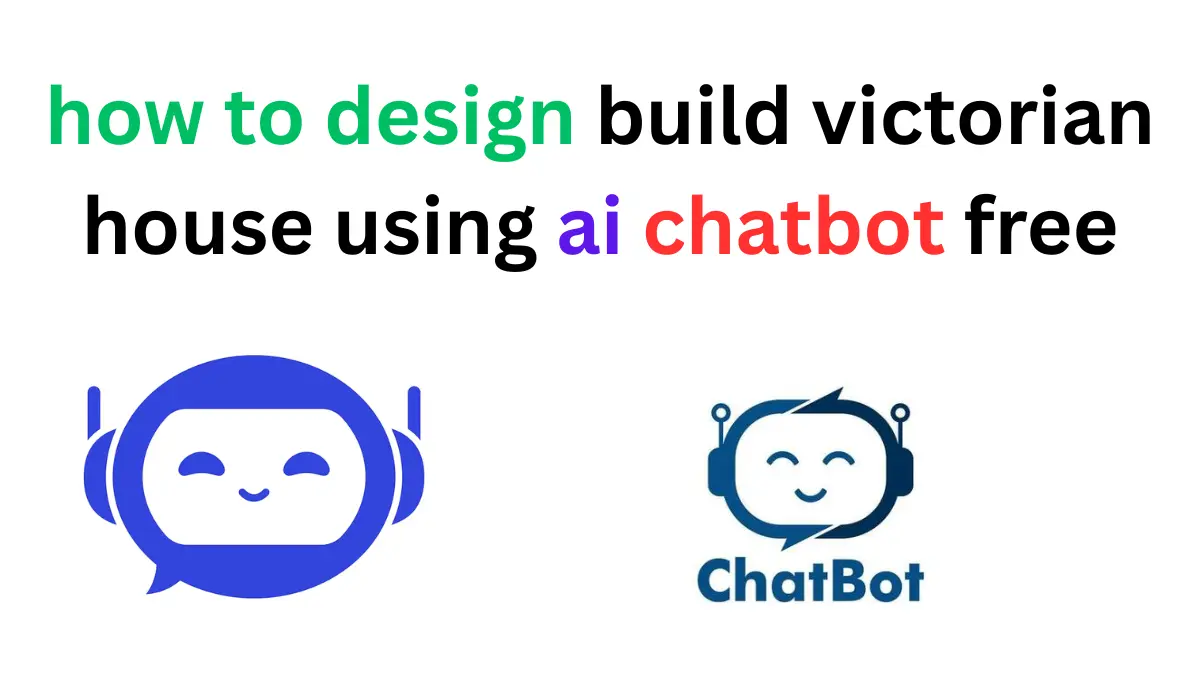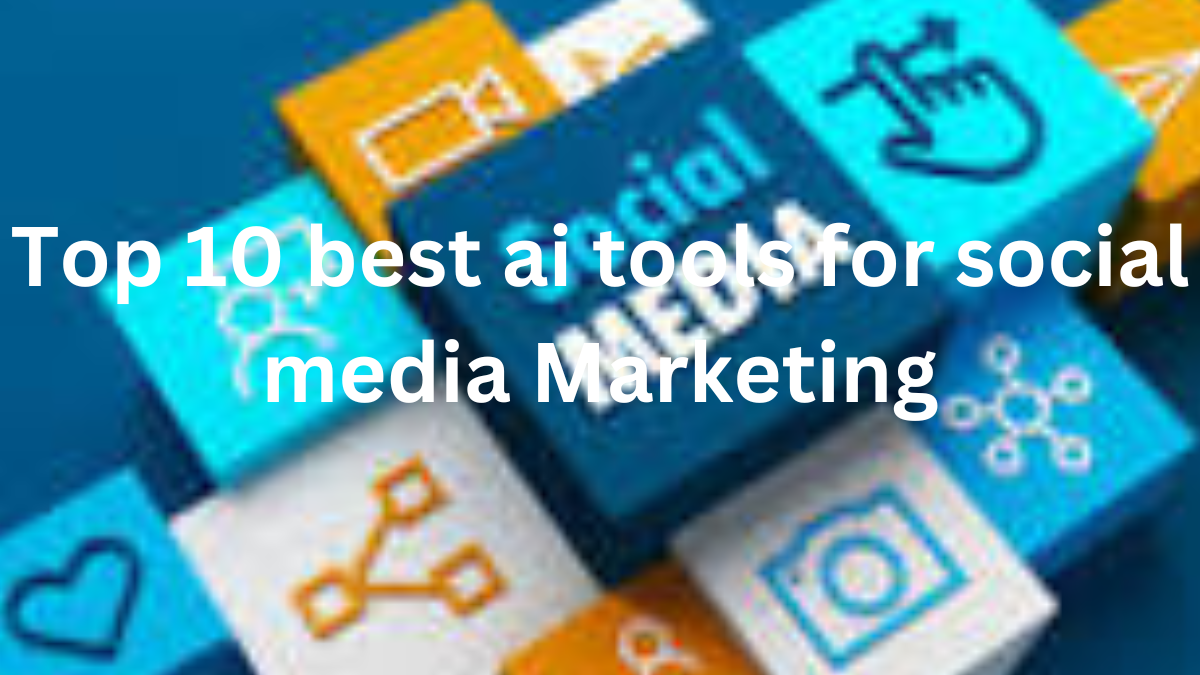Introduction: The Evolution of AI and Its Growing Influence
In recent years, Artificial Intelligence (AI) has transitioned from a futuristic concept to a transformative force impacting multiple industries worldwide. From healthcare and finance to entertainment and retail,
AI technologies are no longer just a trend—they are a central pillar in driving innovation. With advancements in machine learning, natural language processing, and robotics, AI continues to reshape the way we live and work. But what does this mean for businesses, consumers, and society as a whole?
AI in Healthcare: Revolutionizing Diagnosis and Treatment
One of the most prominent applications of AI is in the healthcare sector. AI-driven tools are enhancing diagnostic accuracy, improving patient outcomes, and streamlining administrative processes. For example, AI-powered imaging systems are now able to detect diseases like cancer with remarkable precision, often identifying issues at earlier stages than human doctors can. This capability not only saves lives but also reduces the cost of treatment by catching health issues early.
Top 10 Ai tools For video Editing
Moreover, AI is optimizing the management of patient records, enabling personalized treatment plans based on vast amounts of medical data. Virtual health assistants powered by AI also offer patients around-the-clock support, answering questions and guiding them through various treatment options. The use of AI in healthcare is expected to grow exponentially in the coming years, potentially revolutionizing how healthcare is delivered worldwide.
AI in Finance: Transforming Risk Management and Fraud Detection
The financial industry is also experiencing a significant AI-driven transformation. AI is helping financial institutions manage risk more effectively by analyzing vast amounts of data to predict market trends and identify potential threats. Machine learning algorithms can process data at speeds far greater than traditional methods, allowing banks and investment firms to make informed decisions faster.
AI’s impact is also being felt in the realm of fraud detection. By leveraging AI algorithms to monitor transactions in real-time, banks can identify suspicious activity and prevent fraud before it occurs. This shift to AI-powered systems is helping to reduce the overall cost of fraud and improve security for consumers and businesses alike.
AI in Retail: Enhancing Customer Experiences and Operational Efficiency
The retail sector has embraced AI to enhance the customer experience and improve operational efficiency. Personalized recommendations powered by AI algorithms are now a standard feature on many e-commerce platforms, offering customers a tailored shopping experience. By analyzing consumer behavior and purchase history, AI systems can predict what products a customer is most likely to buy, resulting in increased sales and customer satisfaction.
In physical stores, AI is also being used to streamline inventory management. Intelligent algorithms can predict stock levels, automate restocking processes, and optimize supply chains. Retailers are also experimenting with AI-powered chatbots to provide instant customer service, helping to reduce wait times and improve overall customer satisfaction.
The Future of Artificial Intelligence: Opportunities and Challenges
As AI continues to evolve, its impact will only grow more profound. However, with its widespread adoption, there are also important challenges that must be addressed. Ethical concerns around AI, such as privacy issues, job displacement due to automation, and the potential for biased algorithms, are at the forefront of discussions in both the tech community and society.
While AI offers unprecedented opportunities, it’s critical for policymakers, technologists, and businesses to work together to ensure that AI is developed and deployed responsibly. There is a need for clear regulations and guidelines to address these concerns, ensuring that AI serves the public good without compromising individual rights or social equity.
Conclusion: AI as the Catalyst for the Next Wave of Innovation
Artificial Intelligence is undoubtedly shaping the future of technology, offering groundbreaking solutions across a multitude of industries. From healthcare to finance and retail, AI is driving efficiency, enhancing customer experiences, and unlocking new possibilities for innovation. However, as we embrace the potential of AI, it is crucial to remain mindful of the ethical and social challenges that come with it. By navigating these challenges carefully, AI can continue to serve as a powerful force for good, ushering in a new era of technological advancement and human progress.





One Comment on “How AI is Shaping the Future of Industries 2025”